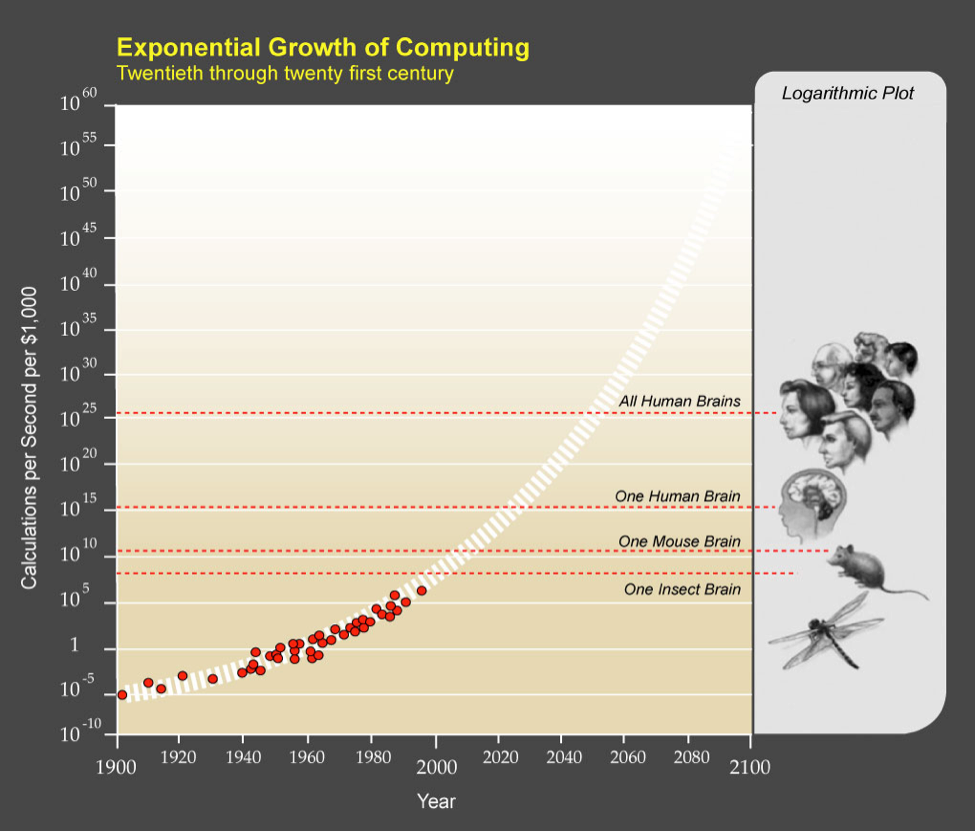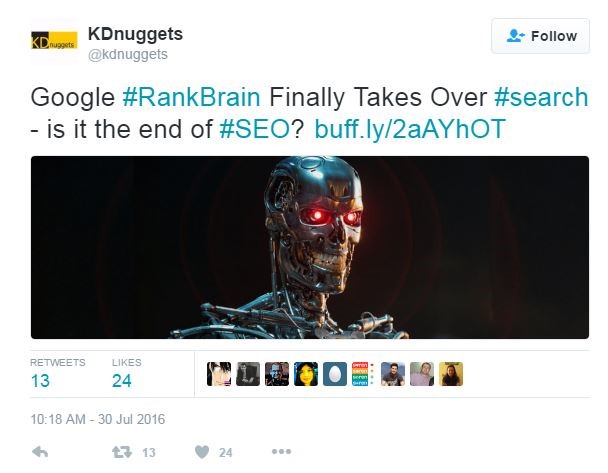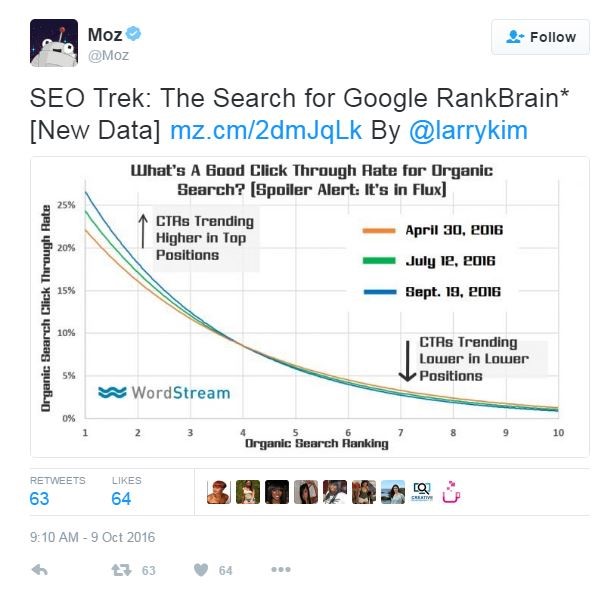JARVIS is perhaps the first thing that comes to one’s mind when they hear about AI. Batman had Alfred to bring him tea in the Batcave, and Tony Stark would definitely love someone or something as loyal and dedicated as Alfred to look after his needs all the while neglecting JARVIS’ inabilities at being a good butler (yes, we can’t help but set up a DC vs Marvel bout).
Over the last two decades, we have seen a huge improvement in computer technology.
Moore’s law is still holding strong to keep our charts going up and inventions and evolutions have caused such stellar growth that, if a man from 1975 time-travels to this year, he could die from the shock of what he would witness.

AI or Artificial Intelligence, in the simplest of terms, is the intelligence demonstrated by machines.
It can manifest itself in many forms- from the simple calculator to the computer making decisions for the Large Hadron Collider. The actual decision-making computers inside every machine, be it the one in your phone or the one inside International Space Station, represents Artificial Intelligence.
But we are SEO Ninjas. We are concerned about how our client’s websites rank on Google’s Search Results more than anything else.
On that note, you can wonder how happy we were when we learnt about the deep integration of AI in Google’s search algorithm.
There is no question that AI simplifies search, website discovery and just about everything else that is linked to search for users; we enjoy it too when we are one of these users.
But for SEO community, things aren’t so merry. Uncertainty has set in. Again.
With the promise of not being too critical, let us discuss more about AI’s influence on search results and SEO for businesses and websites.
The Little Things
Remember the days when SEO was all about links, and webmasters depended more on the quantity of links, rather than their quality?
Nobody was bothered if the links were (a bit) spammy or of low quality.
Those were the days when you could buy links and get away with it; you could also spam social bookmarking sites and your website would still rank better.
Those days weren’t too far back (just about half a decade).
The barrage of changes that Google launched caught many webmasters by surprise as their websites lost a lot of ranking points, were flagged as spam or worse, they got pushed out of search results entirely.
And once Google started dropping algo-bombs like – Hummingbird, Panda, Penguin (what’s up with the choice of names?), the original tactics of SEO had to be done away with or reworked.
The problem is for the businesses and websites that are not optimized for their niche. This is where we step in.
Of all the (more than) two hundred ranking signals that Google has for their search algorithm, the first two places are taken by content and links. High quality content, supported by rich earned (and not bought) links is what adds to your rankings.
So how do you get the search results for your content?

Enter RankBrain– RankBrain is Google’s machine learning artificial intelligence system that helps in processing search results based on relevance and user intentions.
Google confirmed RankBrain on 26 October 2015 and has been feeding on batches of past searches and learning by matching search results.
RankBrain is an example of ANI, or artificial narrow intelligence, which is a type of AI that specializes in one area. In an interview in 2015, Google commented that it is the third most important factor in their ranking algorithm and is tasked with interpreting user searches to show results that may not contain the exact search query.
According to this article from TechCrunch, RankBrain belongs to the ‘connectionist’ branch of AI and its learning strategy is called a back propagation technique by experts. This strategy is believed to be capable of learning anything from raw data which will eventually result in complete automation of knowledge discovery.
And The Effects
In an ideal world, RankBrain’s results would be the ‘perfect’ answer to a search query and the user would never have to go beyond the first page of the SERP.
We would like to add that RankBrain is on track to achieve that.
With the pace of technological growth and the capital Google has to invest in the products, the present-day strategies of SEO will increasingly drop in value and effect in the next few years.

The Growth of Mobile Search
The advent of iPhone was a huge milestone in the mobile phone industry. It was a powerful device that let users stay connected to the internet at all times.
Fast-forward to six generations after the introduction of the first device- we’ve seen the age of smartphones, devices built on the original iPhone and are going closer and closer to replace desktops and laptops with each iteration.
The smartphone has become a major part of our daily lives (as it was last year, and the year before that and so on) and, undoubtedly, it has turned into the primary device for instant online searches and web discovery.
A key, search-focused feature on smartphones is the ‘personal assistant’ which, as you must have guessed, is another example for ANI.

Amazon Alexa, Microsoft’s Cortana, Apple’s Siri and Google Now (and the new ‘Assistant’) are some of the examples of such personal assistants.
Tasked with making your lives easier, personal assistants build on your habits, app usage, your search history and the details that you share with them to deliver results optimized just for you.
This makes it difficult for new websites or businesses to pop-up in a user’s search results.
Another point to consider is that a huge share of search is being driven by these assistants and this share is growing consistently. Already, 55% of teens and 41% of adults use voice search on a daily basis and with a current speech error recognition rate of under 8%, the number will continue to grow.
Very few people type the way they speak, especially for search queries. This conversation-style formulation of search queries makes it difficult to optimize for keywords.
Integration of Apps and Bots is a significant part of personal assistants. For instance, you don’t need to leave Siri to book tickets to a movie and you can use Cortana to chart a course with Bing Maps integration. Then there are all the notifications and updates from you social networks and calendars that these assistants can help you out with. They can even help you out with app recommendations to make your daily tasks even easier.
A Changing SEO Strategy
Ranking for related keywords was a significant part of SEO strategy, but with voice search growing in frequency, this method is no longer very effective.
There are over one billion websites and two million apps that can be found on the internet and getting discovered is one of the biggest issue that webmasters and app publishers face today. The implementation of AI and voice search makes the job even more difficult than it already was.
You can’t really infer about how people will formulate their query, except for the fact that it will be virtually different for everyone.
Google has a handful of core algorithms and it is RankBrain’s job to decide how to use these algorithms for individual search queries.
It means that, while a particular signal may be excellent for one search, it may be poor for another user’s query.
This query-based customization of search results makes it difficult for websites and apps to rank well consistently. While niche content are easy to rank, RankBrain works to give a ‘green’ flag to websites in which it encounters certain anomalies, e.g.: sites that focus on a large number of subjects, which can break the system down (for now).
Certainly, big players like Wikipedia or eHow can afford to let out a sigh of relief, on the other hand – new websites are, perhaps, better off being niche for their content and links to rank well.
What about the Future?
The introduction of AI has slowly moved SEO from its original link-building tactics to a user-focused strategy.
User engagement metrics such conversion rate, bounce rate, session time, pages per visit are far more valuable now than they used to be and will continue to grow in importance.

The type of website will also determine how exactly these metrics add up to give the final relevance value for a particular search.
As for the formulated search query, long-tail keywords and natural language will be key when optimizing the content.
Another thing to remember is that content is and always will be the ‘king’. Adding schema markup to structure the website’s content is an excellent tactic to optimize for artificial intelligence.
Earlier, we discussed how voice was driving a large share of search and how the number will grow rather quickly.
Hence, it is necessary that marketers adopt and accept voice search and optimize the main content to avoid a generic tone.
Users are sharper and more informed about search and it is important for marketers to grow with them. We must also focus on developing interesting snippets for titles and descriptions in order to garner the attention of our users.
In Conclusion
So what happens now that AI is being integrated with SEO?
Is this an apocalyptic time for SEO experts and digital marketers?
We think not (once we managed to look past our original apprehension).

We believe that AI is a tool that can be used in our favor, all we need to do is to work together, as it were.
Perhaps, once SEO community is able to look past our initial hostility towards AI, the picture will be much clearer.
In fact, we have reasons to believe that AI is a learning system, and will adapt itself based on how webmasters interact with it. So, if we stick to the guidelines put forth by major search engines, the AI might even prove to be helpful in ranking our websites.
We need to admit that it would take some time for us to synch with AI-driven algorithms as introduction of artificial intelligence is fairly recent.
SEO experts should not only think about tactical optimizations, but make strategic choices as well, shifting their focus towards user engagement.
Some key points that we can take away from this blog are:
1. AI will soon become a norm in search rankings.
2. Integration of AI and SEO has already started.
3. SEO experts should adapt accordingly and follow proper SEO guidelines.
4. AI should not be seen as a hindrance, but rather a helping hand.
Ultimately, a good website is one that serves its users and keeps them coming back for more. On that note, artificial intelligence promises to do exactly that.

